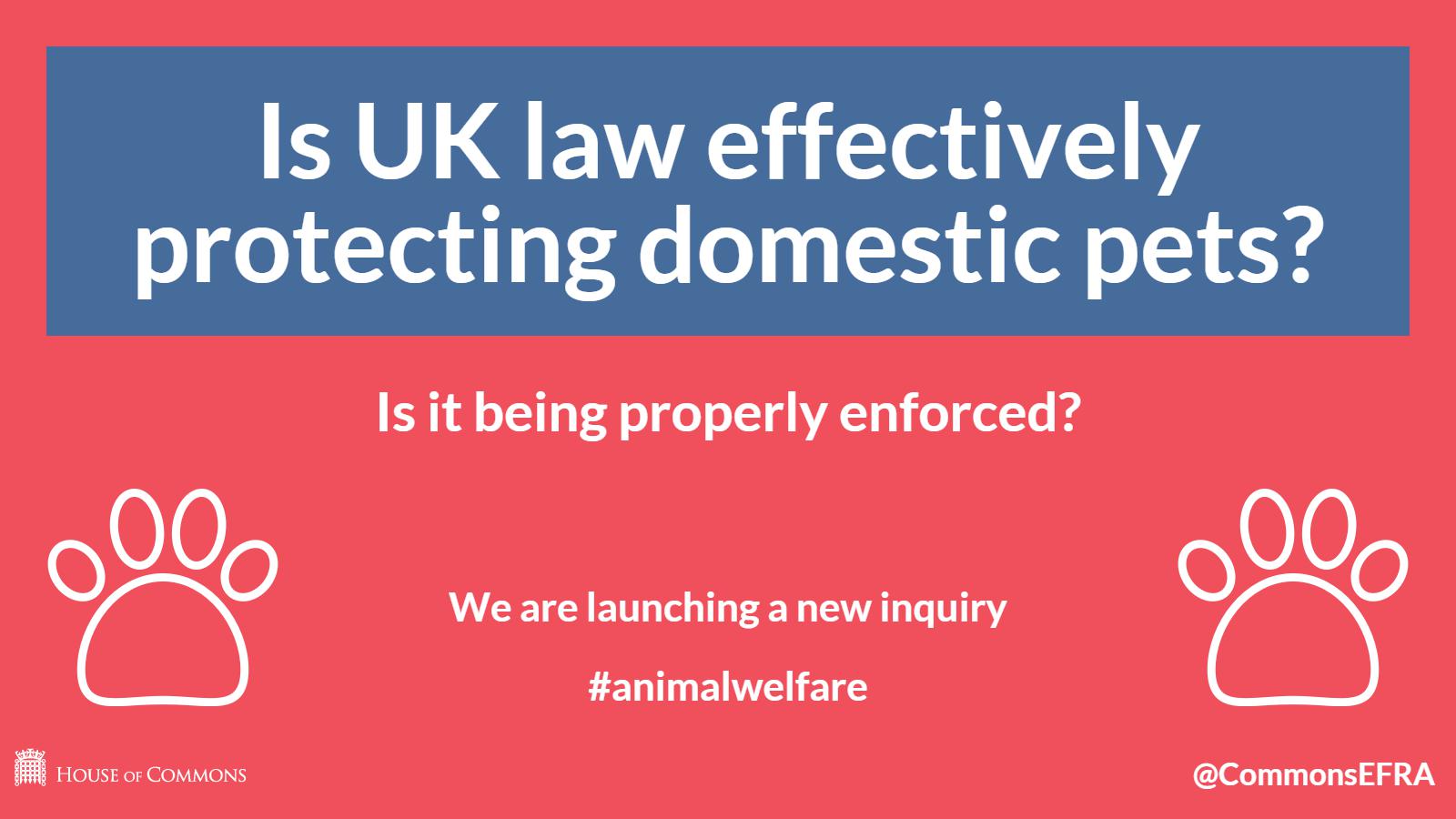The Law Commission questionnaire can be found online here -
http://www.lawcom.gov.uk/13th-programme-of-law-reform-consultation/
You can ask the Law Commission to examine a specific issue of concern - for example, breed specific legislation - found within the Dangerous Dogs Act 1991 and its associated Amendments and Statutory Instruments, for their 13th Programme of Law Reform.
If you feel that there is a problem in an area of law that would benefit from reform, you can tell the Law Commission, they are interested in examining laws which are:
- causing substantial unfairness;
- widely discriminatory or disproportionately costly; or
- caused by laws or policies that are complex, hard to understand or have fallen out of step with modern standards.
"For a law to be fair - it must be capable of being understood."
The Law Commission is independent of any department and does not necessarily accord with the position of the Government of the day.
Send your completed questionnaire to:
Email: programme@lawcommission.gsi.gov.uk.
Thank you for responding to our consultation regarding the Law Commission’s Thirteenth Programme of Law Reform. I apologise for the delay in acknowledging your email.
We will now carefully assess the details of your proposal on reforming the Dangerous Dogs Act 1991. The Law Commission is very grateful to you for the work that has been undertaken to produce your proposal.
We will contact you regarding the outcome of your proposal in due course.
We will contact you regarding the outcome of your proposal in due course.



